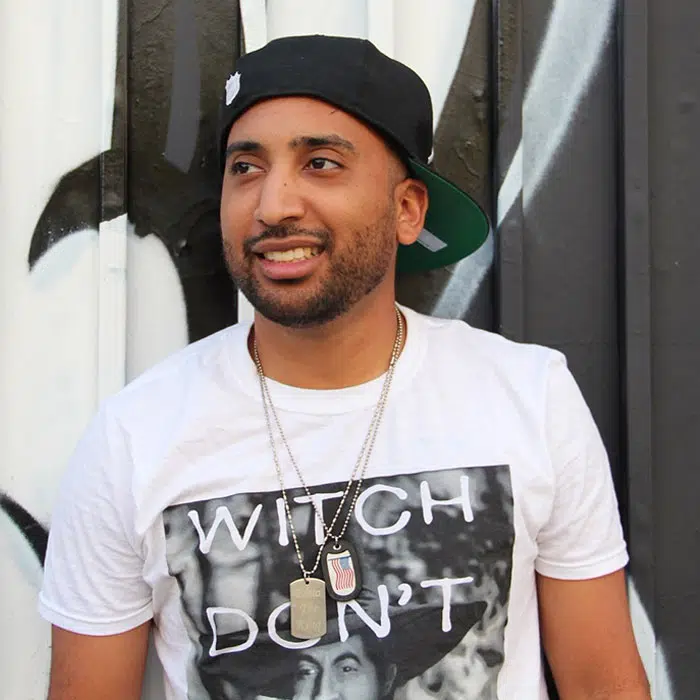By Elisa Martinuzzi and Brad Haynes
DAVOS, Switzerland (Reuters) – Israel’s economy minister said on Wednesday it seeks a peaceful Gaza but has not decided whether to help fund its reconstruction and would not allow the rebuilding of Hamas rule that he said could lead to another cross-border militant attack.
A ceasefire between Israel and Palestinian militant group Hamas took effect on Sunday and the focus has shifted in part to ways of bringing permanent peace after 15 months of war that has demolished the Gaza Strip and inflamed the Middle East.
Economy Minister Nir Barkat told Reuters in an interview during the World Economic Forum’s annual meeting in Davos, Switzerland that reconstruction of Gaza was not possible unless Hamas decided it wanted lasting peace with Israel.
“The key question is if…they want to build a Dubai or rebuild Gaza the way it was,” Barkat said, referring to the United Arab Emirates city, a global hub of commerce, and to Gaza under Palestinian Islamist militant rule since 2007.
“Dubai recognised the state of Israel, they are focusing on mutual economies…we would like to see Dubai in our region, not Gaza,” said Barkat, a former mayor of Jerusalem.
Israel launched its assault on Gaza after Hamas fighters stormed across the border on Oct. 7, 2023, killing 1,200 people and taking more than 250 hostages, according to Israeli tallies.
More than 46,000 people have been killed in Gaza since then, according to Palestinian health officials. Much of the heavily built-up enclave has been flattened and most of its 2.3 million people displaced multiple times, humanitarian agencies say.
Israeli Prime Minister Benjamin Netanyahu earlier vowed not to stop the war until Hamas was eradicated as, he said, there would be no long-lasting peace and security for Israel.
Key would-be donors for Gaza including the United Arab Emirates and U.S. President Donald Trump’s new administration have stressed that Hamas, which is sworn to Israel’s destruction and is designated as a terrorist organisation by many Western countries, cannot remain in power in Gaza after the war.
But since the ceasefire took hold, Gaza’s Hamas-run administration has resurfaced and acted quickly to reimpose security and start restoring basic services, underlining that it remains in charge of public affairs.
Barkat said Israel had not decided whether to financially contribute to reconstruction there, but would “certainly be willing to enable the Emirates, the Saudis, and others to rebuild something that doesn’t threaten Israel”.
TRUMP ‘BACKWIND’
Having Trump back in the White House, replacing Democratic President Joe Biden – whose ties with Netanyahu were strained – had changed the dynamics for Israel for the better, he said.
“We’ve moved from a supportive administration that restrained us to a supportive administration that is giving us very strong backwind to win the war,” he said.
This new momentum would also be felt across the Middle East, he said, increasing the chances of establishing bilateral relations between Israel and further Arab nations, a process known as the Abraham Accords.
That pact, brokered by Trump’s first 2017-21 administration, has seen the UAE and Bahrain normalise relations with Israel, driven by shared concerns about Iran, and is part of a broader regional realignment of Middle East alliances.
Israel’s devastation of Gaza in the war has tested those ties, but Barkat said he believed Trump’s return to power “will increase the chances of expanding the Abraham Accords to the Saudis and others”.
Asked about talks with Turkey on restarting trade links Ankara severed last year over Israel’s war in Gaza, Barkat said there had been “no progress”. Turkey said on Tuesday it could restart trade if the new calm in Gaza proved permanent.
Barkat also said he had argued since the ceasefire deal against Israel’s 2025 austerity budget of tax hikes and spending cuts tailored to curb a budget deficit and debt burden swelled by an extra $25 billion in 2024 devoted to war expenses.
The budget still awaits final parliamentary approval but Barkat is seeking a more generous spending package focusing on “bold economic growth” though increased debt.
“If we have good growth, it’ll very quickly return the debt plus-plus,” he said.
(Writing by Steven Scheer and Karin Strohecker; editing by Mark Heinrich)







Comments